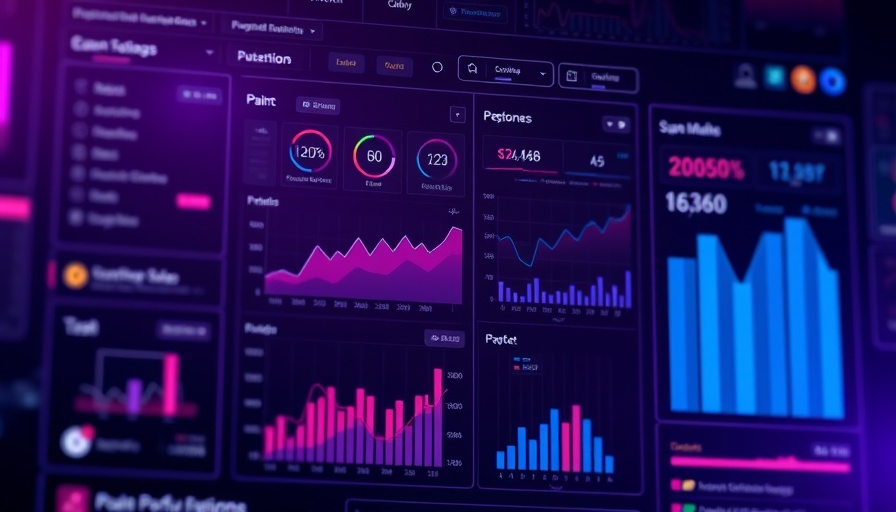
Unpacking the AI SaaS Revolution in Sales
The advent of AI technology has transformed various facets of business, particularly sales in the realm of Software as a Service (SaaS). Gone are the days when manual processes dictated the pace and efficiency of sales operations. The new breed of AI-driven templates now takes the reins in generating leads and nurturing customer relationships automatically. This shift not only enhances productivity but also raises vital questions about its impact on society and the workforce.
Understanding the Societal Challenges and AI
As businesses begin to deploy AI in their marketing strategies, concerns about ethical implications and societal changes are becoming prominent. The integration of AI in sales strategies could lead to significant shifts in job roles, especially in sectors that traditionally depended on human salespersons. With automation on the rise, how will the workforce adapt? Will AI contribute to widening inequality, or can it serve as a tool for social good?
The Intersection of AI and Social Issues
AI possesses the potential to bridge societal gaps, particularly in education and human rights. For instance, AI-focused platforms can deliver personalized learning experiences or facilitate diverse voices in marginalized communities. However, harnessing these benefits requires navigating complex ethical landscapes. Policymakers must address questions surrounding AI governance, preventing algorithmic biases that could exacerbate existing social inequalities.
Future Predictions: AI's Impact on Sales and Society
Looking ahead, the advancements in AI will redefine not only business operations but also cultural landscapes. As AI continues to democratize access to information and resources, businesses can engage with consumers on more meaningful levels. Yet, the path forward requires vigilance—ensuring that these technologies serve equitable purposes rather than entrench deeper divisions.
Why You Should Care
The implications of AI-enhanced sales strategies extend well beyond individual businesses. As stakeholders in a globally interconnected market, understanding AI's societal impact allows employees, entrepreneurs, and policymakers to make informed decisions about technology deployment. By actively participating in dialogues surrounding AI, we can better shape its trajectory towards a future that emphasizes ethical considerations and social responsibility.
 Add Row
Add Row  Add
Add 




 Add Row
Add Row  Add
Add 



Write A Comment